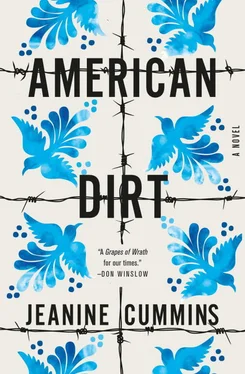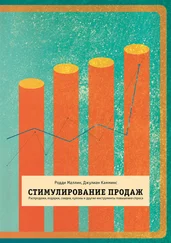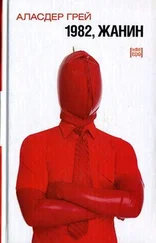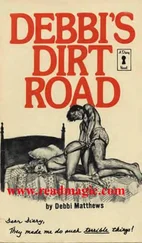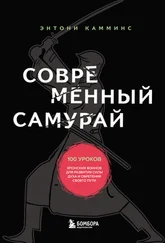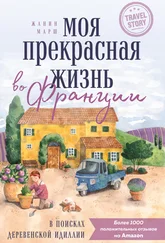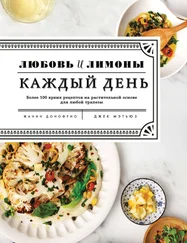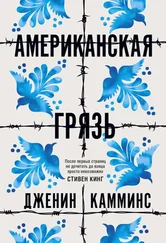His face is haggard. Skeletal.
‘I never wished for your death,’ he says. ‘Surely you know that, Lydia. If I wanted you dead, you’d be dead.’
She blinks. Pulls the camera away from her face. She closes her mouth and surveys the desert landscape. And suddenly she knows what he’s saying to be exactly true. All this time, all her planning, all her strategy and self-congratulations, it was all an illusion.
‘I could never harm you, Lydia.’
Her mouth opens with an incredulous gasp. ‘Harm! You could never harm me? You have harmed me, señor. You have tortured me. You have destroyed my whole world, everything.’
‘No, Lydia. I never meant—’
‘ ¡Cállate la boca! ’ she shouts over him. ‘Do you think I care what you meant ? Or how you justify your monstrosities? I’m calling only to tell you that this is over. Do you understand? It’s over.’
Javier sighs delicately on the other end of the phone. She sees him do this. A familiar mannerism, once beloved. And it tilts her psyche like a fun house.
‘But it can never be over, Lydia,’ he says sadly. ‘We have both lost everything.’
No.
‘That is horseshit, Javier. You have lost one thing. One!’
He pauses, lifting his wet eyes. ‘The only thing.’
Lydia’s heartbeat feels like a club, but her voice is lower. ‘The most important thing,’ she concedes. ‘But that gave you no right! No right!’
He’s in a comfortable sunbeam in Acapulco, in her homeplace. There’s a cup of espresso at his elbow. She is filthy and penniless and homeless and widowed and orphaned in the desert. He props his phone somewhere in front of him so his image becomes steady on her screen. He removes his glasses, cleans the lenses. His mouth is an impossible frown. ‘I don’t know, I don’t know,’ he says, blinking rapidly.
‘I will survive,’ she says. ‘Because I still have Luca. I have Luca.’
His mouth is a gash.
‘This has to be over now,’ she says.
Javier places the glasses back on his face, pushes them up his nose.
‘I killed the sicario you sent.’
‘You what?’
‘Yes. He’s dead. Look.’ Lydia scrambles to the edge of the little ridge and points her phone down at Lorenzo. Later she might feel guilt about this, about using his body to advance her own purpose, about celebrating Lorenzo’s death, even in pretense. Later she might ask herself why Javier’s last seven text messages had gone unanswered, unread. She might even wonder about Lorenzo’s extinguished potential for redemption. But not right now. She points the phone back to her own face. ‘So we can be finished now, yes? Or should we keep on killing people?’
Javier unleashes a noise that’s half sob and half laughter. He wants to plead not guilty by reason of grief. She knows grief is a kind of insanity. She knows.
Lydia is a beacon on that ridge.
The disgust in her mouth has a taste like bile. ‘Goodbye, Javier.’
She doesn’t bother hanging up. She tosses the cell phone into the dirt, and the camera yawns up at the vacant sky.
In front of the cave, in the hot height of the desert afternoon, three hours before they should safely set out with the dropping sun, the others are moving quickly down the slope and away into the valley below. Luca, with Rebeca, is waiting for her. Lydia takes his hand.
It’s not far. El Chacal keeps telling them it’s not far. It’s mostly downhill, he tells them. Two miles. Less, even.
‘Come on, you can do it,’ he says. ‘We’re almost there.’
But it’s not the terrain or the distance. It’s the heat. There’s a reason migrants move through the desert mostly at night, in the waxing and waning hours, and it’s not for cover of darkness. After all, la migra in el norte have helicopters, motion-sensing cameras, searchlights, all the nightgear. La migra have infrared goggles here, come on. It’s the murderous sun. There can be no more rationing of water, because their bodies need it, their bodies will not continue without it. They drink their provisions, and it’s not enough. The water pours through them, and out through their skin. It soaks their clothes, their necks, their hair. Beto keeps stopping to lean over, to breathe. It’s an extra labor, an extra tax. He’s dizzy, and he starts to cough. El Chacal swears under his breath. It’s only two more miles. They’ve come so far, they’re almost there. Carajo , come on. Their progress is too slow. It’s a nightmare.
This is the worst crossing the coyote has made in years. He knew he shouldn’t have brought a kid. Two kids. Four women. He knew there’d be problems. But then again, he admits to himself, those six have been the ones to survive this trek so far. They’re stronger than he gave them credit for, even the asthmatic one. Dammit, El Chacal would never have agreed to bring that kid if he’d known about the asthma. Sneaky pendejito . He’d like to wring the kid’s neck. But first he has to get them to shade, to water.
‘Come on! Pick it up!’ he says. There’s no time to lose.
He really tries, but Beto cannot move. He cannot pick it up . He coughs and splutters, and shakes his head and leans on his knees, and the sun beats down on the back of his head. His black hair eats and swallows the heat from the sun, and his head is so hot, and his neck is burning, and Beto wants to make a joke. He tries to think of a joke he can make without using words, without spending precious breath. It hurts. It’s so scary. Enormous pressure on his chest, gigante. An elephant, a hippo, the gargantuan, double-wide tires of a Mack truck, crushing trash in el dompe . It mashes down on his lungs. An avalanche of garbage. He cannot breathe. I cannot breathe . There are no jokes.
Marisol rubs his back and murmurs into his ear, because she’s seen this before. Her daughter Daisy had asthma when she was younger. Not this bad, but still, Marisol is familiar. Daisy’d been croupy as a baby, and as she grew into a toddler, she and Rogelio had her tested for allergies. Dogs, cats, pollen. They had to be careful with her, because whenever something triggered her, she struggled for days. They’d have to take her to the emergency room for albuterol treatments. Once, she had an asthma attack on a playdate, and it was terrifying, because Marisol was sitting in the kitchen with the other mom, drinking tea, and Daisy didn’t come to her until it was too late. She was already in trouble. Marisol dug frantically through her purse and came up empty-handed. The inhaler was on the bathroom counter at home. They raced out of there so fast, Marisol didn’t even buckle her seat belt. When she pulled out, she backed into the bumper of a car parked at the edge of the driveway, and she didn’t even stop to leave a note. At home, she turned on the hot shower to steam up the bathroom, and gave Daisy three puffs from the inhaler. Then a fourth. Daisy sat on the closed lid of the toilet, and Marisol stood in the steam, clutching her phone, ready to dial 911. It was tense and frightening, but within minutes, the sucking sounds in Daisy’s little chest subsided. The whistling loosened. She breathed.
Beto worsens. Gone is the loose, gurgling cough he’s had all week. Gone is the previous wheeze. He hacks, dry and tight.
Marisol raises her voice over the sounds of his distress. ‘Stay calm. Breathe slowly.’ But her own heartbeat is quick as a rabbit’s.
There’s no shade here. El Chacal turns in circles, combing the landscape for a better spot, some minor refuge from the sun. If they have to take a break, they need to break in shade. Every minute here saps the water tables of their bodies that much lower. But there’s nothing nearby, and the kid cannot move.
Читать дальше
